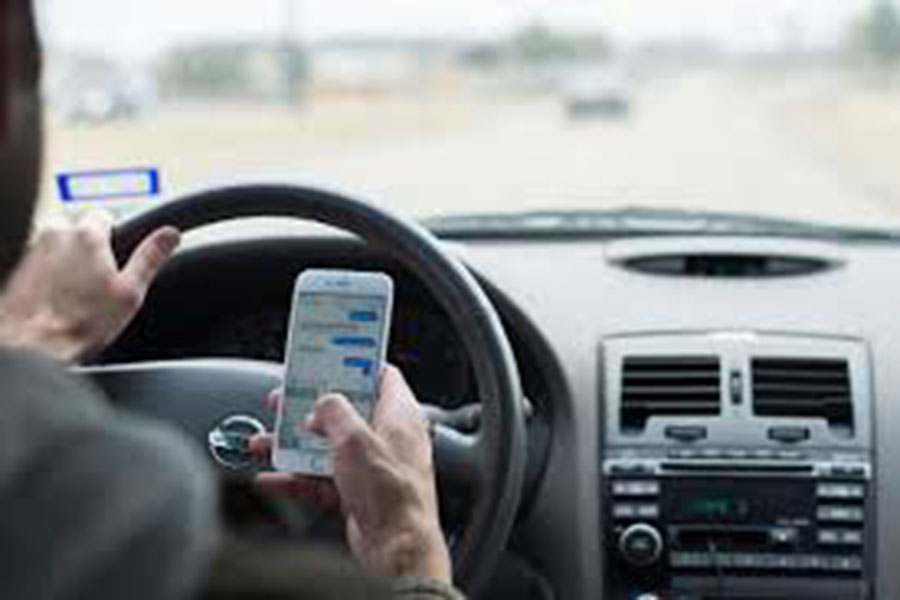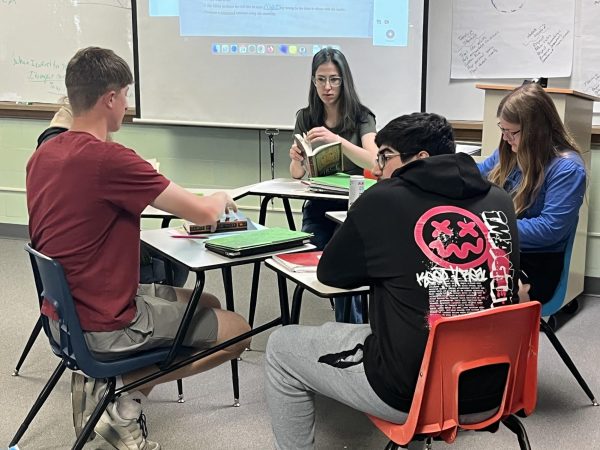Think before you respond
When it comes to texting, are you willing to risk your life while driving over a small response? Texting while driving is a event that is more common amongst teenagers and has deadly consequences.
Texting interrupts all three processes of attention, manually as your fingers work the buttons on your phone, visually as you look down at the phone, and cognitively as you think about the message instead of about your driving. This divided attention can be costly. Each time you look down to answer a text message, you take your attention off of the road for an average of 4.6 seconds—even a split second is enough to get you into a potentially fatal car crash.
11 teens die every day as a result of texting while driving. According to the American Automobile Association, or AAA poll, ninety-four percent of teen drivers acknowledge the dangers of texting and driving, but thirty-five percent admitted to doing it anyway. twenty-one percent of teen drivers involved in fatal accidents were distracted by their cell phones.
When you’re focused on too many things at once, it creates a bottleneck effect that can make it difficult for you to process what’s going on around you or dangerously slow your reaction time at just the wrong moment.
According to texting and driving safety. com it states, “texting when driving is about 6 times more likely to cause an accident than driving intoxicated and is the number one driving distraction reported by teen drivers”
One way to prevent accidents from occurring is to ignore. Ignore the ringer when your phone goes off until you’ve reached your destination. It’s safer and less of a hassle if you just wait .
Typing a response can wait, the person on the other end of the phone can wait. Are you going to risk your life over sending an emoji or a one word response?

Hello, my name is Tilie Vaughn. I am a sophomore at Alliance High school. This is my first year in Journalism so my stories won’t be amazing from the...






